Disposable plastic utensils have become an essential part of the food service industry, providing convenience and efficiency to both consumers and business owners. However, with the increasing environmental concerns surrounding single-use plastics, it is crucial for businesses to understand the impact of using and disposing of plastic utensils and explore alternative options. In this article, we will delve into the advantages and disadvantages of disposable plastic utensils, highlight the current trends in sustainable alternatives, and discuss the potential business strategies to minimize their environmental footprint. Advantages of Disposable Plastic Utensils: 1. Convenience: Disposable plastic utensils offer a hassle-free dining experience, eliminating the need for washing, sterilization, and storage.

.
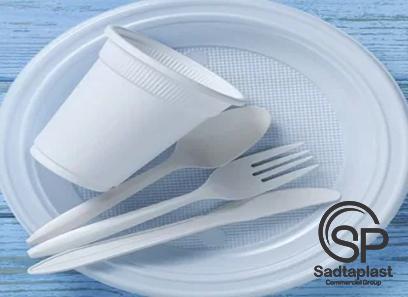 2. Cost-effective: Unlike traditional utensils made of metal or porcelain, plastic utensils are inexpensive, making them an economical choice for businesses. 3. Hygiene: Individual plastic utensils are sealed and packed, ensuring cleanliness and reducing the risk of contamination. 4. Customization: Plastic utensils can be easily manufactured in a wide range of shapes, sizes, and colors, allowing businesses to cater to specific customer preferences and aesthetic needs. Disadvantages of Disposable Plastic Utensils: 1. Environmental Impact: The main concern associated with plastic utensils is their contribution to pollution and waste. Despite their convenience, the disposable nature of plastic utensils leads to astronomical amounts ending up in landfills and oceans, thus negatively impacting ecosystems.
2. Cost-effective: Unlike traditional utensils made of metal or porcelain, plastic utensils are inexpensive, making them an economical choice for businesses. 3. Hygiene: Individual plastic utensils are sealed and packed, ensuring cleanliness and reducing the risk of contamination. 4. Customization: Plastic utensils can be easily manufactured in a wide range of shapes, sizes, and colors, allowing businesses to cater to specific customer preferences and aesthetic needs. Disadvantages of Disposable Plastic Utensils: 1. Environmental Impact: The main concern associated with plastic utensils is their contribution to pollution and waste. Despite their convenience, the disposable nature of plastic utensils leads to astronomical amounts ending up in landfills and oceans, thus negatively impacting ecosystems.
..
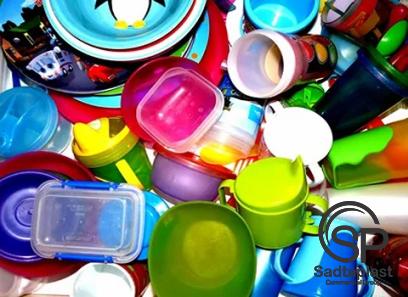 2. Lack of Biodegradability: Unlike biodegradable and compostable alternatives, plastic utensils take hundreds of years to decompose, exacerbating environmental problems. 3. Resource Intensive: Plastic utensils are derived from non-renewable resources such as petroleum, further exacerbating the environmental footprint. 4. Public Perception: An increasing number of consumers, especially millennials and Gen Z, are gravitating towards sustainable and eco-friendly alternatives. Businesses that fail to address these concerns risk losing customer loyalty and market share. Sustainable Alternatives and Business Strategies: 1. Biodegradable and Compostable Utensils: Exploring and adopting biodegradable alternatives made from renewable resources such as cornstarch, sugarcane, or bamboo can significantly reduce the environmental impact. Businesses can collaborate with eco-friendly suppliers to ensure consistent supply of these utensils.
2. Lack of Biodegradability: Unlike biodegradable and compostable alternatives, plastic utensils take hundreds of years to decompose, exacerbating environmental problems. 3. Resource Intensive: Plastic utensils are derived from non-renewable resources such as petroleum, further exacerbating the environmental footprint. 4. Public Perception: An increasing number of consumers, especially millennials and Gen Z, are gravitating towards sustainable and eco-friendly alternatives. Businesses that fail to address these concerns risk losing customer loyalty and market share. Sustainable Alternatives and Business Strategies: 1. Biodegradable and Compostable Utensils: Exploring and adopting biodegradable alternatives made from renewable resources such as cornstarch, sugarcane, or bamboo can significantly reduce the environmental impact. Businesses can collaborate with eco-friendly suppliers to ensure consistent supply of these utensils.
…
 2. Reusable Utensils: Encouraging customers to use reusable cutlery brings a substantial reduction in waste generation. Providing incentives like discounts or loyalty programs for customers who bring their own utensils can help promote this behavior. 3. Education and Awareness: Educating customers about the negative impact of plastic utensils and informing them about the available sustainable options can create a culture of responsible consumption. 4. Product Innovation: Businesses can invest in research and development to create innovative alternatives that provide the convenience of disposable utensils while minimizing the environmental footprint. For example, edible utensils made from edible materials can eliminate waste entirely. Conclusion: While disposable plastic utensils have undoubtedly revolutionized the food service industry, business owners must recognize the environmental consequences associated with their extensive use. Embracing sustainable alternatives, educating customers, and innovating new materials can help mitigate the negative impact of disposable plastic utensils. By doing so, businesses can contribute to a greener planet, satisfy customer demands, and build a more sustainable future for the food service industry.
2. Reusable Utensils: Encouraging customers to use reusable cutlery brings a substantial reduction in waste generation. Providing incentives like discounts or loyalty programs for customers who bring their own utensils can help promote this behavior. 3. Education and Awareness: Educating customers about the negative impact of plastic utensils and informing them about the available sustainable options can create a culture of responsible consumption. 4. Product Innovation: Businesses can invest in research and development to create innovative alternatives that provide the convenience of disposable utensils while minimizing the environmental footprint. For example, edible utensils made from edible materials can eliminate waste entirely. Conclusion: While disposable plastic utensils have undoubtedly revolutionized the food service industry, business owners must recognize the environmental consequences associated with their extensive use. Embracing sustainable alternatives, educating customers, and innovating new materials can help mitigate the negative impact of disposable plastic utensils. By doing so, businesses can contribute to a greener planet, satisfy customer demands, and build a more sustainable future for the food service industry.


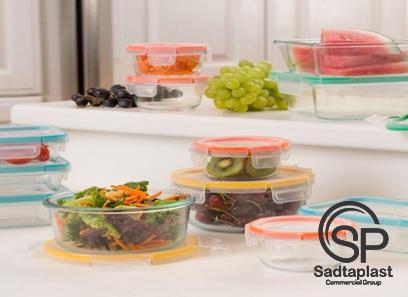
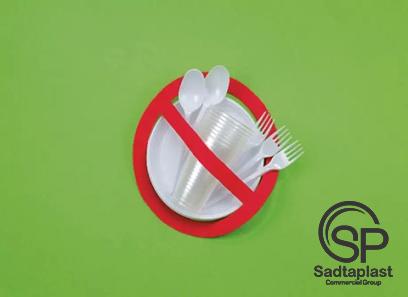
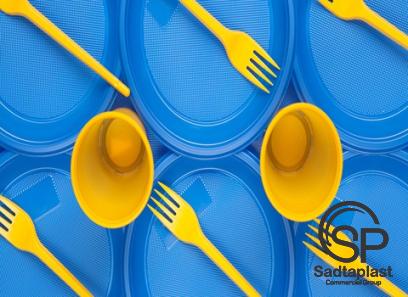
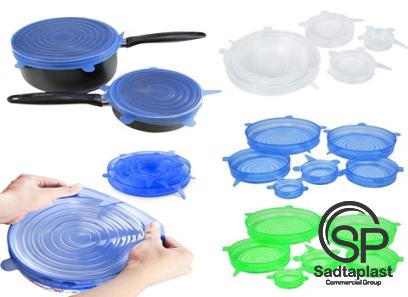
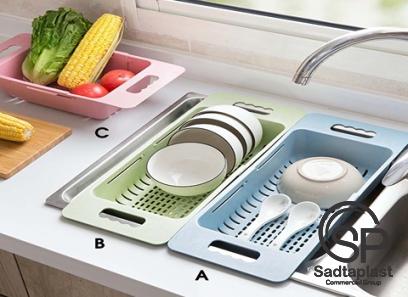
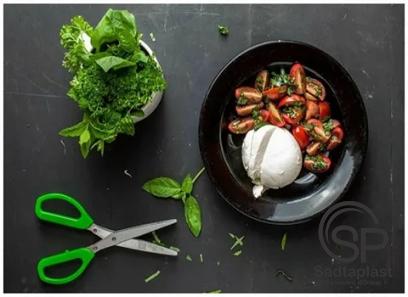
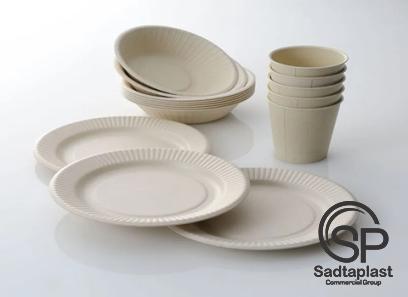
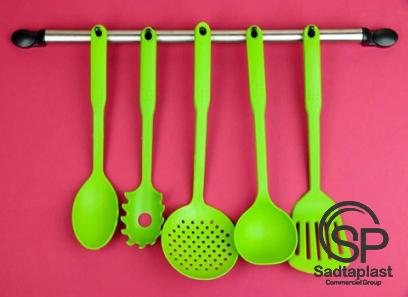
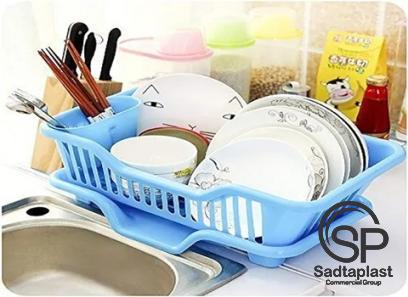
Your comment submitted.